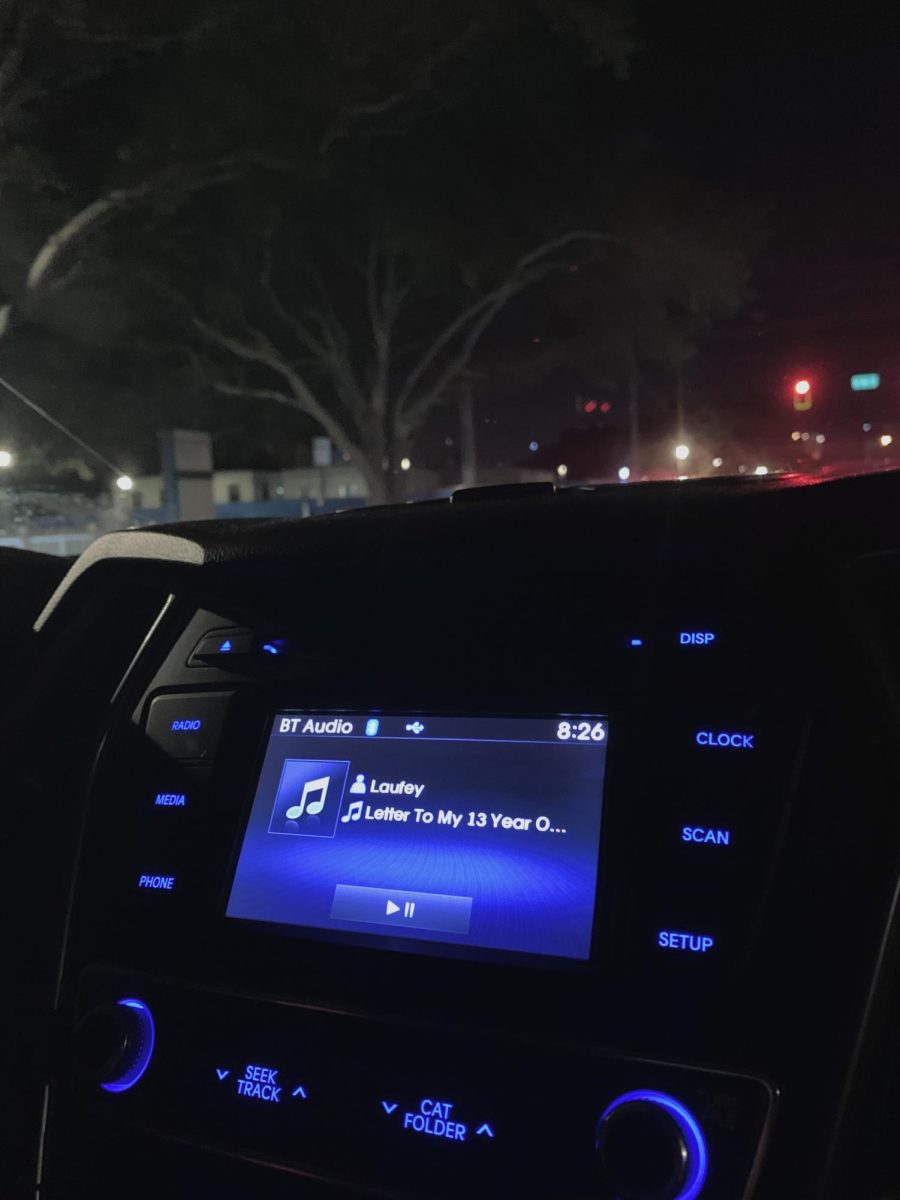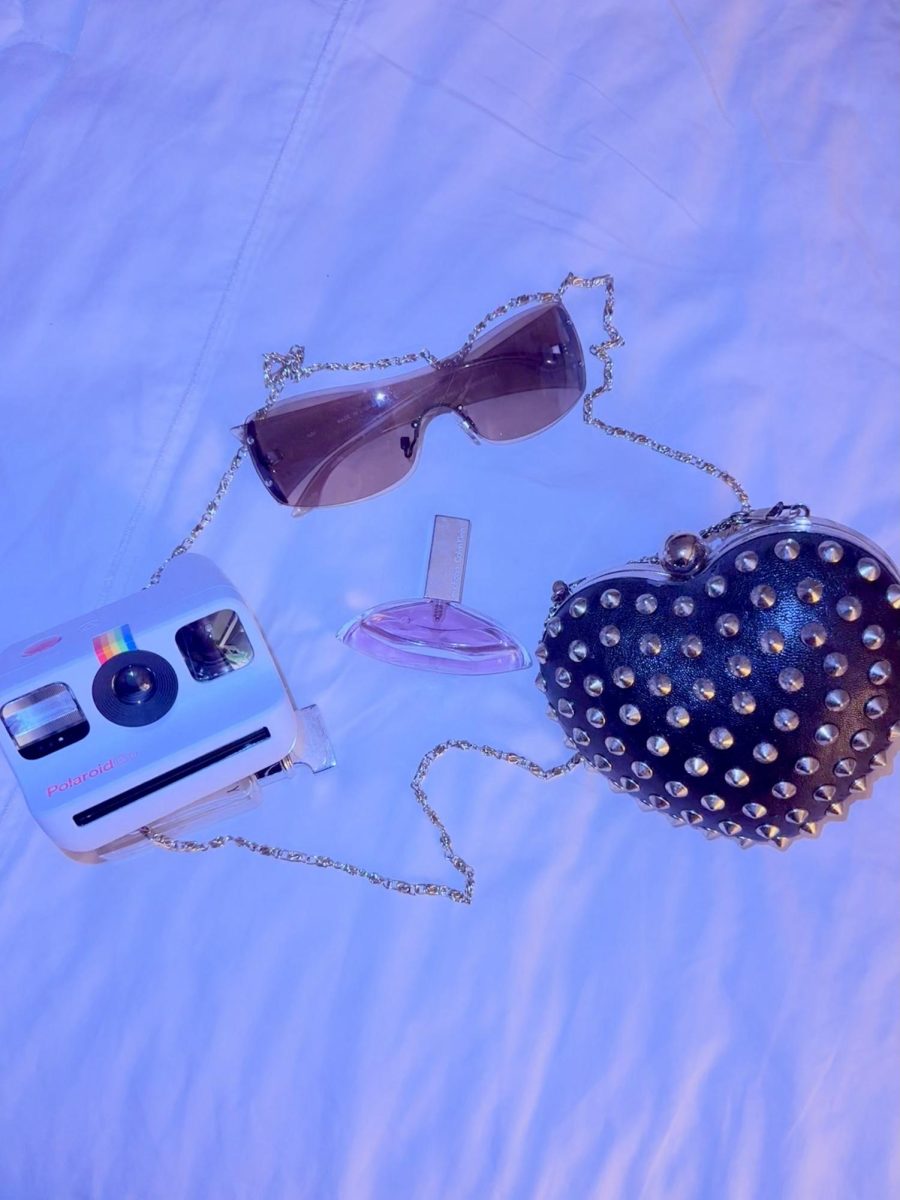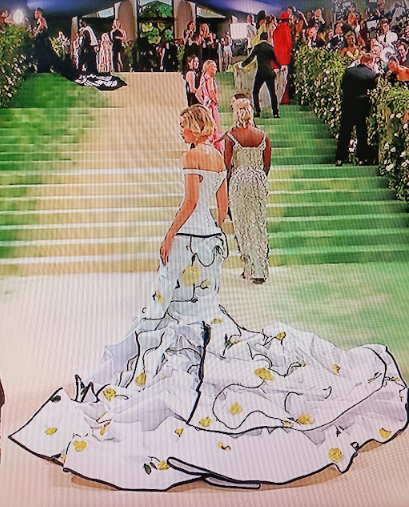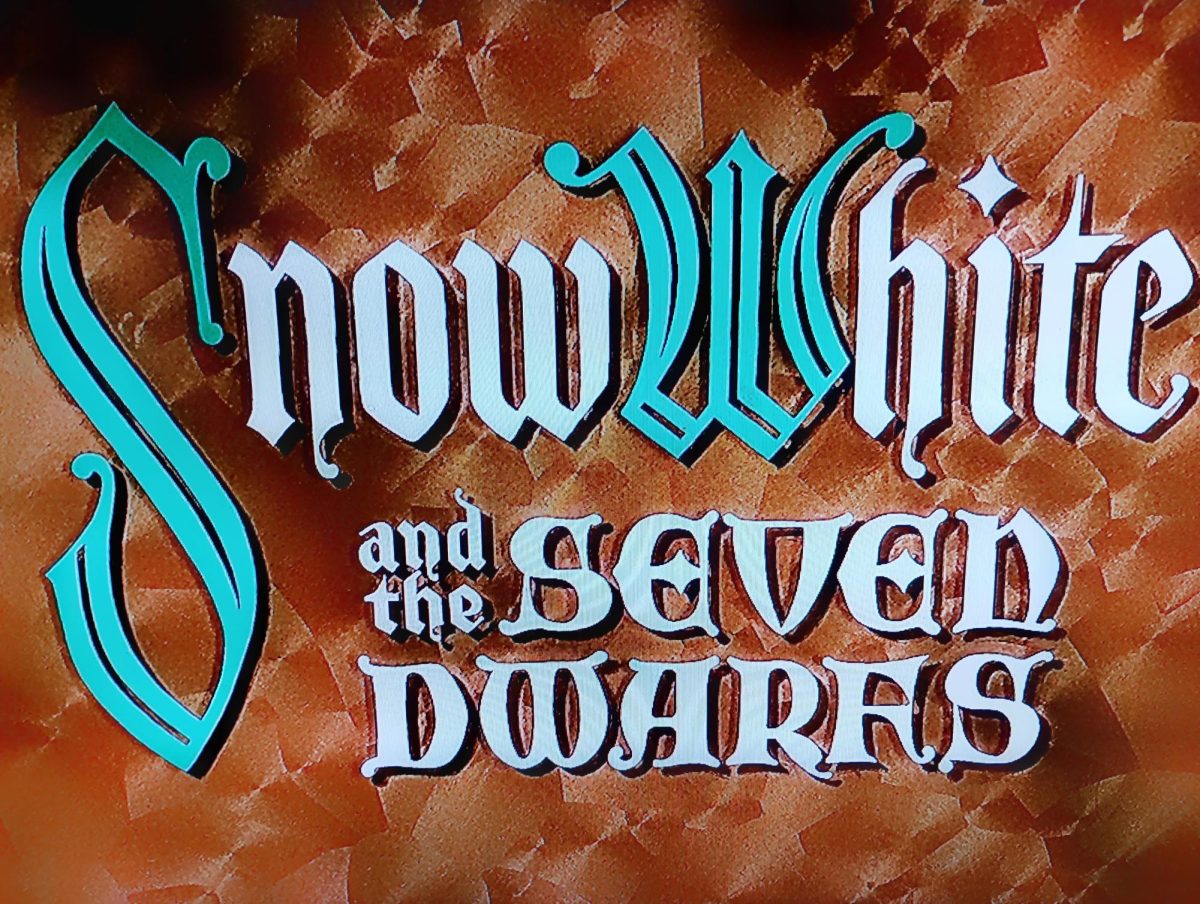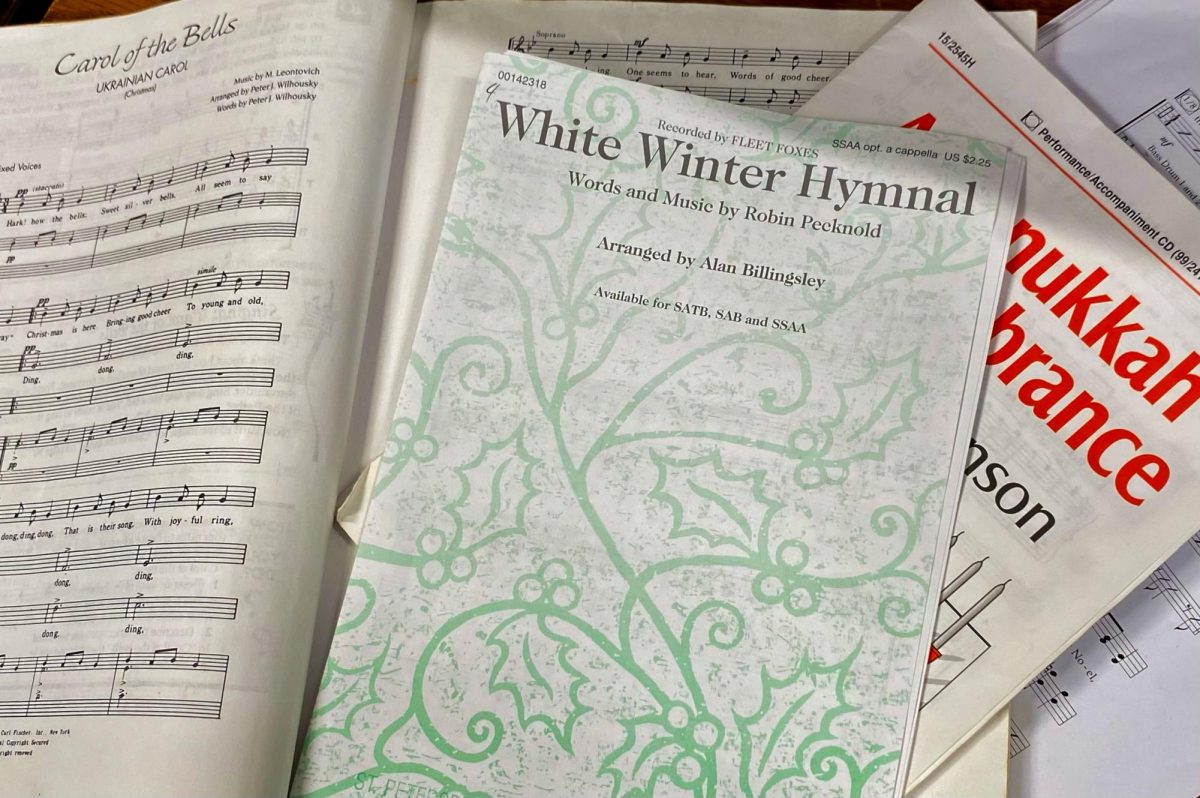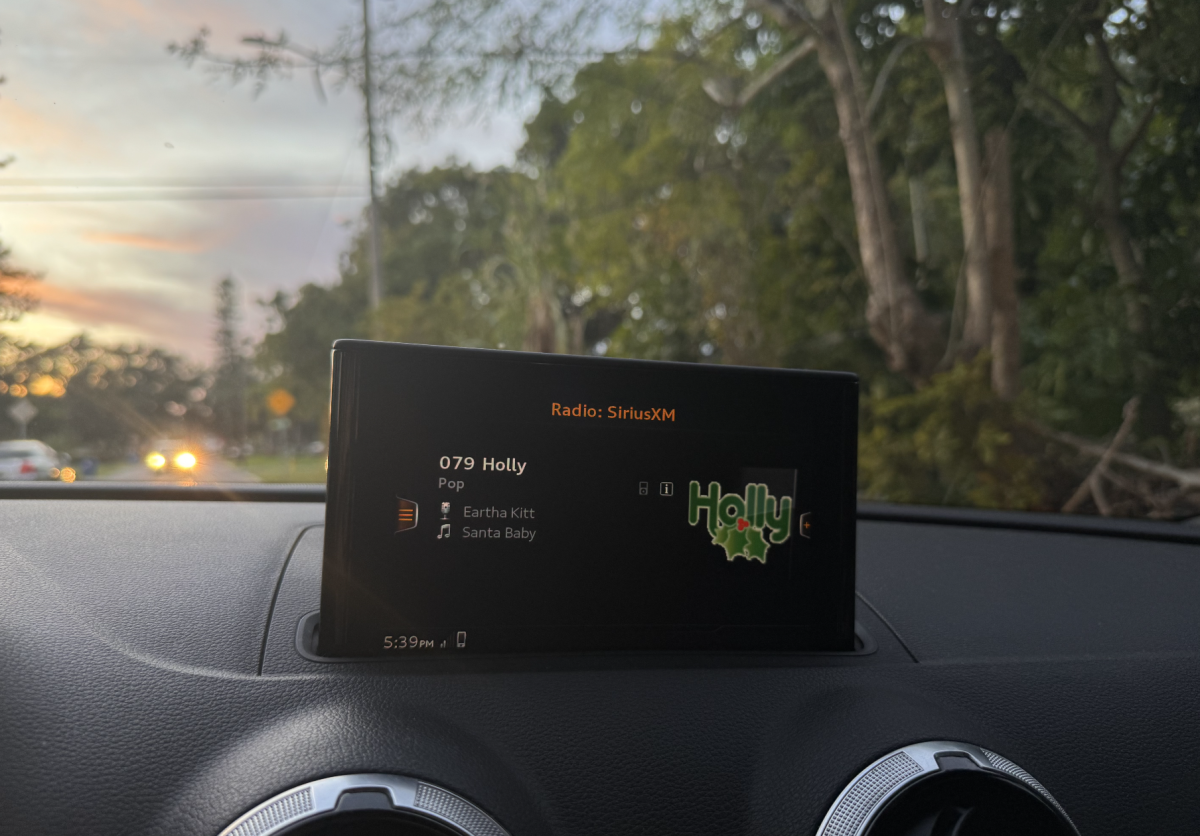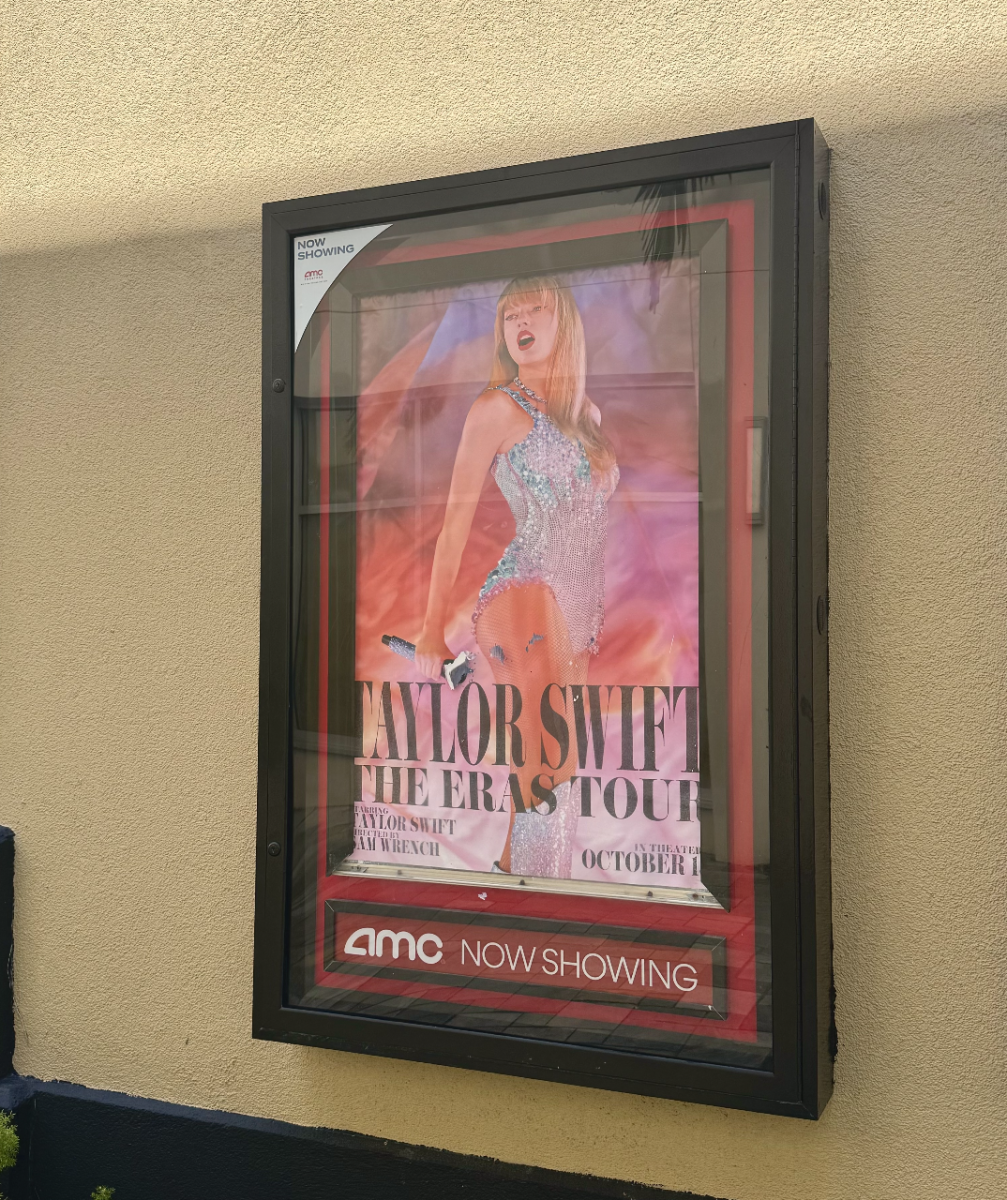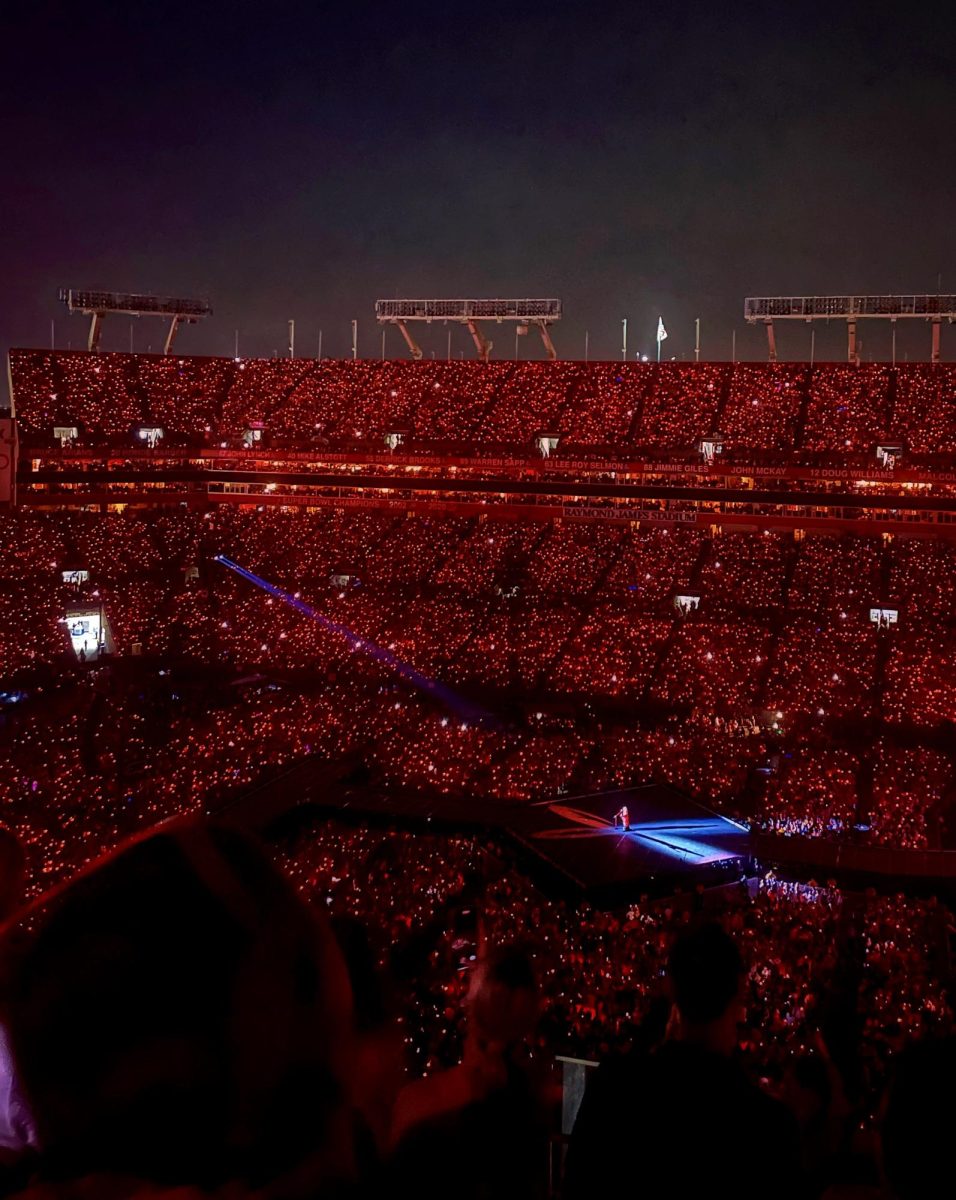In recent years, Laufey Lín Jónsdóttir, commonly referred to as Laufey, has gained notoriety for her music. Being dubbed the “Savior of Jazz,” many are convinced that Laufey has brought Jazz back from its death. Jazz was the least streamed music genre in the United States in 2021, with only 0.8% in shares in streams, according to Statista. However, could Laufey be the savior of Jazz if her music isn’t technically Jazz and if Jazz may technically still be alive?
The jazz music genre is unique, with strong roots in blues and ragtime originating from African-American communities of New Orleans, Louisiana, in the late 19th and early 20th centuries. What makes Jazz so special, according to St. Petersburg High School student Zoé Sullivan, is the fact that Jazz musicians know the rules of music and yet still “break them all.” Often, Jazz won’t follow the same patterns that Pop music does. Instead, Jazz is a blissful mix of many “gold instruments,” such as brass instruments, saxophones, cymbals, and more, combining and melding as one. Despite this, there are many “interpretations” of the genre, states St. Petersburg High School student Brody Whiteside.
Contrary to popular belief, many argue that Jazz’s time has not yet passed. Though jazz is not popular in the mainstream today, it isn’t a fair assessment to say that the genre is completely dead. In fact, elements of Jazz persist unnoticed in many musical works and films today, for example, in La La Land. There are still new and upcoming Jazz musicians, and Jazz still lives on within communities via Jazz clubs, live streams, and even study playlists. Musical Artist Emmet Cohen exemplifies how Jazz thrives. Through his live streams, Cohen brings Jazz to a larger audience from Harlem, an area known for the flourishing of Jazz. Unfortunately, Jazz seems to have “lost its influence,” St. Petersburg High School Junior Jocelyne Lioe remarks. Just because it isn’t trending doesn’t mean it’s completely gone, as musical trends and genres generally fluctuate in popularity. Instead of being completely dead, Jazz is evolving and becoming mixed with other styles.
Now, can Laufey’s music actually be considered Jazz? Yes, her music features Jazz elements, but is this enough to classify her music as Jazz? Brody doesn’t seem to think so, as her music “isn’t necessarily held within the same constraints” as Jazz music. And he has a valid point. Despite displaying hints of Bossa nova, Jazz elements such as Bebop, and taking inspiration from Ella Fitzgerald, Billie Holiday, and Chet Baker, Laufey’s music should not be entirely classified as Jazz. “I wish I could create a subgenre like Pop Jazz because that’s definitely what [Laufey’s music] is,” expresses Zoé. It is important to recognize that Laufey’s music should not be “confused with being the same sort of Jazz from that period” and is not Jazz in the “traditional sense,” Brody states. Jazz and all genres are so much more than the music on the surface level. Lying beneath the music is the culture and community that built the genre, which brings its meaning. Even so, it is completely fair to say that Laufey has interpreted Jazz and modernized it through her beautiful melodies and works, in turn opening the doors to the genre to audiences that were unlikely to consume it before.
Laufey’s audience isn’t composed of the usual Jazz listeners or the general established Jazz audience, but mainly young GenZ individuals. Her sudden rise to fame was remarkable, but the influence of TikTok and other social media platforms can not be ignored. With one-to-two TikToks posted each day and frequent activity on the app, Laufey has utilized the algorithm to her advantage by connecting with her audience and garnering more listeners in a way that couldn’t have been achieved in the past. “A lot of people can find new artists just from their sounds and audios trending,” Jocelyne says. In addition to the ease of finding new sounds, “allusions” of Jazz and Bossa Nova in pop music today, as well as her music “being genuinely good,” has made Laufey popular incredibly quickly, according to Zoé. In no way discrediting Laufey, “without that initial jump” from social media to promote her music, Laufey would have likely struggled to grow as popular as quickly as she did.
An integral part of her rise is how her music radiates sincerity, how “it doesn’t seem like she’s trying to communicate something she doesn’t know,” and how everything about her music feels purposeful Brody communicates. Jocelyne shares this notion. Laufey is very earnest with her feelings, with lyrics like “It hurts to be something, it’s worse to be nothing with you,” “Someday someone will like me like I like you,” and “I’m so sorry that they pick you last, try to say your foreign name and laugh.” Laufey is utterly raw and truthful with her lyrics as she shares her experience as a young woman who grows and goes through the trials of life, including love. Her lyricism, as well as style of music, captures this feeling of love that some other artists may not be able to fully exemplify. When asked how Laufey’s music makes her feel, Jocelyne shares that she can always “fall back on her music” and offer comfort like a “warm blanket and sitting next to a window when it’s raining.” Laufey also exemplifies how music can bring people together and strengthen relationships for many people. For Jocelyne, she was first introduced to Laufey through her older sister, and now they can both enjoy Laufey’s music together.
What makes Laufey even more interesting is how she is unapologetically true to herself. She “respects and acknowledges” Jazz and her exposure to it as well as elements of Classical music within her life, Zoé says. Brody agrees and highlights how her music is “very orchestral,” which isn’t seen often in many popular modern-day music, adding to how her music continues to be unique. Laufey’s music is an expression of herself through and through as she produces what she truly wants to convey. From playing the cello for her songs, working with many different orchestras, and modernizing Jazz in a way that sets her apart from many other musicians today, Laufey treats music like an art rather than an industry and isn’t afraid to stand out.
So even though Jazz has not officially died, and likely will not, Laufey has played a massive role in bringing this genre to the attention of modern mainstream media as well as evolving the genre itself. Her success has allowed an influx of interest in the genre from young audiences. It has garnered positive effects, from the formation of relationships to the connection that her music evokes, due to how it can be relatable for the majority of listeners. It opens the door for even more variation in styles of music-making and starts a conversation about what makes music so special. So no, Laufey is not the savior of Jazz in the traditional sense, but her music is everso extraordinary. It does not need to ‘save Jazz’ to be a graceful reflection of who Laufey is as a person and how so many people can share these feelings of love, self-discovery, and the trials of growing through life.


